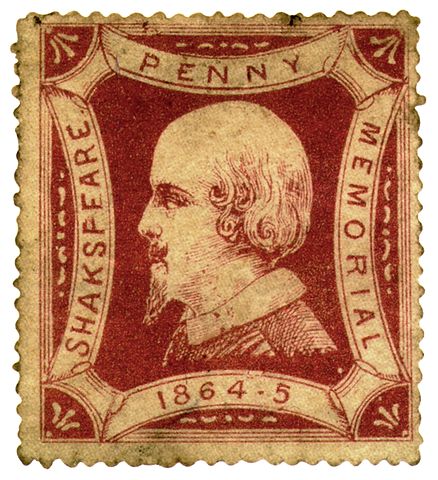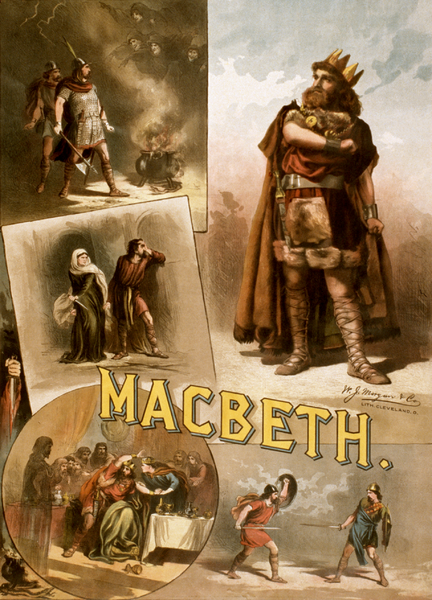
Avoiding spelling mistakes.
Shakespeare
As all students and ajarns know, William Shakespeare (1564 – 1616) was an English playwright who is generally considered the finest writer in the English language. His plays are usually thought of as among the very best plays ever written. Why he is considered so good is a complex matter, but a simple search in the Online Public Access Catalogue of the Thammasat University Libraries reveals over 700 books by and about Shakespeare. Among the books available to be borrowed are How to Find Out About Shakespeare; Political and Comic Characters of Shakespeare; Kalidasa and Shakespeare; Stories from Shakespeare; English Dress in the Age of Shakespeare; Approaches to Shakespeare; A Notebook on William Shakespeare; and many more. Previous entries on the TU Libraries blog have considered how Shakespeare has influenced Thai readers and writers. Among the readers who were influenced by reading Shakespeare was Ajarn Puey Ungphakorn, former rector of TU. Unfortunately, in Thai English, the name Shakespeare is sometimes wrongly spelled as Shakespear. Getting the spelling right for the name of an important person is a matter of simple respect. Also, if we are trying to write an academic research paper or thesis and have something to express about Shakespeare, or quote him, if we get his name wrong, our readers may wonder if we really know a lot about the subject. So it is worth making a special effort to sidestep this error. Names in general are more difficult to spell than other words, since they are are often not written in a way that we might expect. We commonly look for other words we are familiar with, when we try to figure out the spelling of a word. Naturally, we think of the English word spear, a weapon with a wooden base and sharp tip. Yet just because there is an English word spelled spear does not mean that every name that ends with a sound like it should also end with the letters spear. The name Shakespeare does not end with the letters spear, but with the letters speare.

Avoiding errors in spelling the name Shakespeare is especially important because the writer lived almost 500 years ago, when English was different from the language that is used today. In Thai English, we are familiar with Romanizations that offer different spellings in Roman letters for the same Thai name. Some TU students, ajarns, and staff have two or three Romanizations for their name, one for their automatic signature on emails, and another one in their email addresses. This can be confusing for English-speaking people who may receive emails. In modern English, people commonly have only one way of spelling their names. When they learn about an unfamiliar Thai name, it becomes even more difficult to remember when there are two or more Romanizations of the same name. Yet in Shakespeare’s time, there were often many ways of writing the same name. Only in the 20th century was the spelling of Shakespeare’s name fully standardized everywhere in the English-speaking world. In books published during his lifetime, the spelling Shakespeare was the most frequently seen option. The way he wrote his own name is somewhat different, according to surviving legal documents. When Shakespeare signed his name to buy a house, or mortgage a house, or certify his last will and testament, he wrote his name as Shakp; Shaksper; Shakspe; Shakspere; Shakspere; and Shakspeare. Some of these are clearly abbreviations, leaving out some letters on purpose. Other spellings suggest that in his own time, his name may have been pronounced more like Shaksper than like Shakespeare.
This variety of spelling confused even English people who wished to pay tribute to the great writer after his death. His name is spelled Shakspeare on a memorial plaque on his tomb at Stratford-upon-Avon, a medieval market town in England’s West Midlands that was his birthplace. Next to the plaque, the grave of his widow Anne Hathaway is dedicated to the wife of William Shakespeare, using the commonly accepted spelling of today. Scholars have tried to understand these variations by counting the different spellings during his lifetime. As mentioned, the most popular was definitely Shakespeare, followed by Shakespere, Shakespear, Shakspeare, Shackspeare, and Shakspere, in decreasing order of popularity. There were also a few less common alternatives. Some other spellings even put a hyphen in the middle of the name, as Shake‑speare or Shak‑speare. And others wrote it as Shagsper, Saxpere, or Shaxper. The point is that at this time of creative spelling of the English language before it was fixed, people were not afraid of looking uninformed if they invented a new way of writing a name. This was true of many other famous names of the era. That changed by the 20th century, which is why today we are well advised to try to get it right.
One interesting theory is that the spelling Shakespeare was favoured over Shakspeare, without the letter e in the center of the word, because of the way type was set in those days when books were printed. If the letter k was placed right next to the letter s, the way the letters were shaped meant that they would sometimes touch each other. It was easier for people setting type for printing to separate the letters k and s with the letter e, which has a smooth and rounded form that the letter k would not collide with. Whatever the reason for the choice, it began to seem especially important when Shakespeare became famous in translated versions of his plays in other countries. In France in the 1700s, he was referred to as Shakpear, Shakespehar, Shakespeart, and Shakees Pear. So we should not feel as if the Thai English error is unusual in the world. Clearly in many different countries, including England itself, spelling the name of this great writer has always been a challenge. For a time in the 1700s in England, the spelling Shakespear was favoured, even by such authorities as the noted poet Alexander Pope. In the 1800s, another influential English writer, William Hazlitt, also preferred to write the name as Shakespear. In the 1900s, the playwright and essayist George Bernard Shaw, who was known for his own individual theories about how the English language should be spelled, also preferred to write the name Shakespear. The possibilities are so many and so confusing that it is a good thing it was decided to use only one spelling for the eminent playwright, Shakespeare.

(All images courtesy of Wikimedia Commons)
